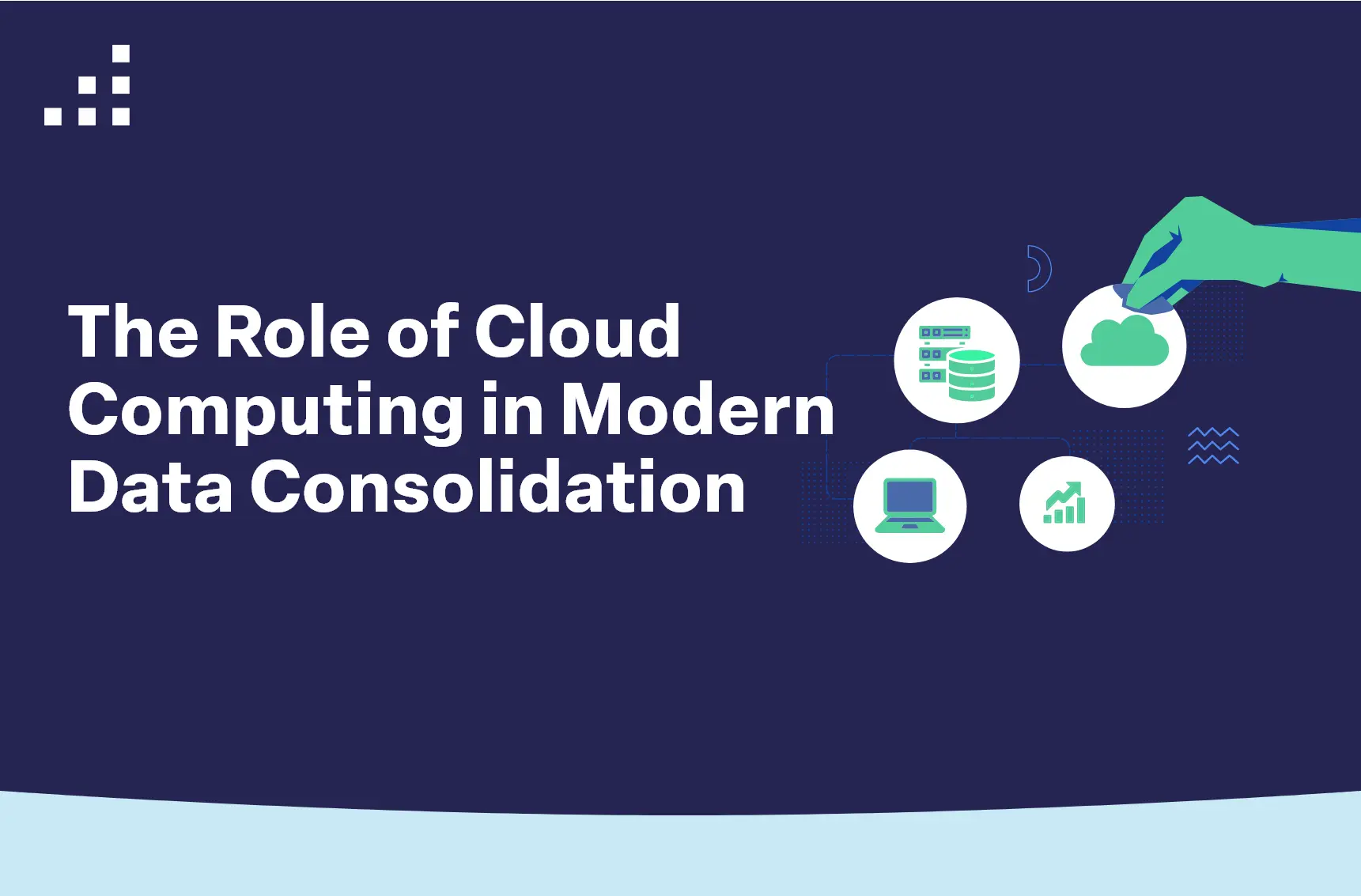Traditional data consolidation methods—spreadsheet wrangling, local file storage, and on-premises infrastructure—simply can’t keep up with the scale, speed, and complexity of today’s business environment. Enter cloud computing: a transformative force that is reshaping how businesses manage, store, and consolidate data.
In this article, we’ll explore:
What is Cloud Computing
Why Cloud Computing Matters for Data Consolidation
How BUCS Analytics Leverages Cloud Computing for Data Consolidation
Why BUCS + Cloud = Better Data Consolidation
What Is Cloud Computing?
Why Cloud Computing Matters for Data Consolidation
Modern data consolidation relies on the ability to connect, unify, and process information from multiple systems in real time. Here are a few reasons cloud computing is a game-changer:
Scalability
Real-Time Access
Cost Efficiency
Only pay for exactly what you use
Flexibility
Cloud platforms scale with your data and automatically adjust to accommodate increased volume as your business grows. This ensures uninterrupted performance and responsiveness. Because data is stored in the cloud, it can be accessed from any device with an internet connection—empowering teams to collaborate efficiently, regardless of location, and always work from the most current data.
Cloud computing also reduces the burden of managing on-premise hardware. Businesses pay only for the resources they use, minimizing capital expenses and maintenance costs. Additionally, cloud systems are built for interoperability, making it easy to integrate with various ERPs, CRMs, and financial tools. This integration flexibility supports seamless, real-time data consolidation across the organization.
How BUCS Analytics Leverages Cloud Computing for Data Consolidation
At BUCS Analytics, cloud computing is foundational to delivering seamless, scalable, and secure data consolidation for modern businesses.
✅ Centralized Data Infrastructure
BUCS uses cloud infrastructure to aggregate financial, operational, and customer data into a unified platform. This eliminates silos and enables cross-functional insights that drive better business outcomes.
✅ Real-Time Reporting
Because BUCS is built on the cloud, it provides real-time dynamic reporting tools that update automatically. Leaders always have access to the latest data, from anywhere.
✅ Seamless Integration with Existing Systems
BUCS integrates with common cloud-based platforms like QuickBooks Online, NetSuite, and Microsoft 365, as well as on-premise tools, allowing for smooth data flow across your tech stack.
✅ Built-In Security and Compliance
Security is a top priority. BUCS uses encrypted cloud services and role-based access control to ensure your data is protected and compliant with industry standards.
✅ Scalable for Growing Businesses
Whether you’re consolidating data from five sources or fifty, BUCS scales with your needs—no added IT burden required.
Why BUCS = Better Data Consolidation
By combining the power of cloud computing with advanced data integration, BUCS Analytics offers a modern, efficient approach to solving complex data challenges. With BUCS, businesses can eliminate manual spreadsheet consolidation, unify data from multiple platforms in real time, gain organization-wide insights instantly, enhance reporting speed, accuracy, and accessibility, and reduce IT overhead and infrastructure complexity. Discover how BUCS Analytics uses cloud computing to modernize data consolidation. Visit BUCS Analytics to learn more.
